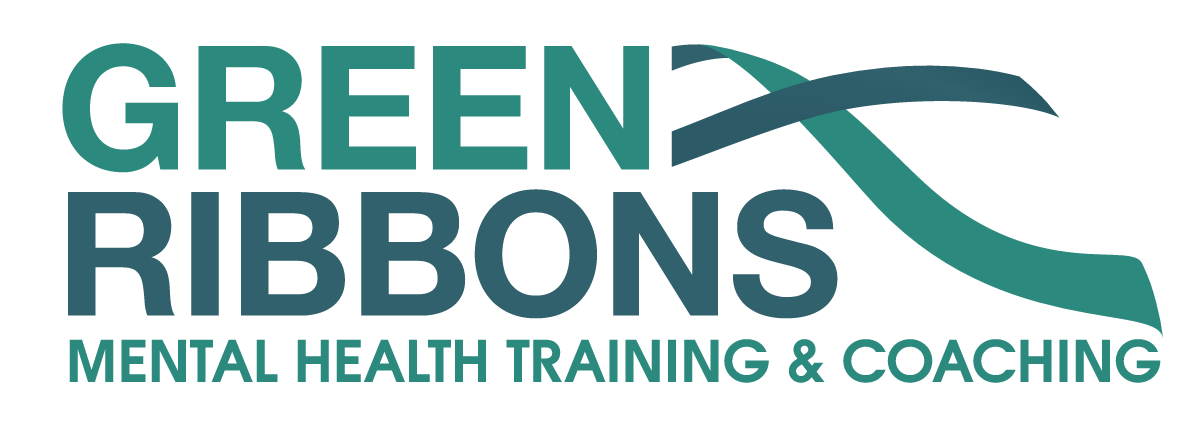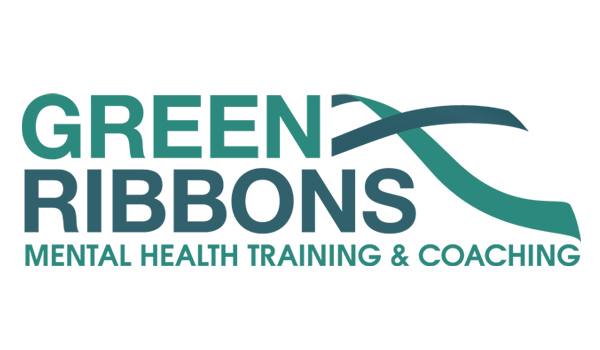Introduction
There’s an old saying that goes, “You’ve got two ears and one mouth, so you should listen twice as much as you talk.” It turns out, this age-old wisdom holds a kernel of truth. In the fast-paced, always-on world we live in today, it’s easy to get caught up in the constant chatter and forget about the simple yet powerful act of listening. In the realm of mental health support, attentive listening can be a game-changer. In this article, we’ll explore The Power of Listening: How Attentive Listening Can Transform Mental Health Support and delve into ways to hone your listening skills for the benefit of others.
The Basics of Active Listening
Active listening is the key ingredient in The Power of Listening. It’s more than just hearing words – it’s about truly understanding and empathising with the speaker. Here are the core components of active listening:
- Paying full attention: Give the speaker your undivided attention, put away distractions, and maintain eye contact.
- Reflecting: Summarise what the speaker has said to ensure understanding and show that you’re engaged.
- Asking open-ended questions: Encourage elaboration and clarify points to deepen your comprehension.
- Validating feelings: Acknowledge the speaker’s emotions and empathise with their experience.
- Remaining non-judgmental: Keep an open mind and withhold criticism to create a safe space for open conversation.
The Impact of Active Listening on Mental Health Support
Attentive listening can make a world of difference in mental health support, and here’s why:
- It fosters trust and rapport: When people feel heard, they’re more likely to open up and share their feelings.
- It promotes self-awareness: Active listening helps individuals clarify their thoughts and feelings, which can lead to better self-understanding.
- It encourages problem-solving: By asking the right questions, you can help the speaker explore potential solutions and strategies.
- It reduces feelings of isolation: Simply knowing that someone is there to listen can provide comfort and reassurance in difficult times.
The Role of Active Listening in Professional Mental Health Support, Peer Support and Everyday Life
In professional mental health support settings, such as therapy and counselling, active listening is a foundational skill. Mental health professionals are trained to listen empathetically, validate emotions, and ask thought-provoking questions to help individuals process their feelings and explore potential coping strategies.
In addition to professional settings, attentive listening can also be valuable in peer support situations. Peer support groups, such as the UK-based charity Mind’s local support groups, emphasise the importance of active listening in creating a safe and supportive environment for individuals to share their experiences and offer mutual support. By practicing active listening in peer support settings, group members can foster a sense of understanding and solidarity among participants, helping to break down the stigma surrounding mental health challenges.
While it’s crucial to have professional mental health support and peer groups, the role of active listening in everyday life shouldn’t be underestimated. Friends, family members, and colleagues can all provide invaluable support to those struggling with mental health issues by simply lending an ear and practicing attentive listening. In doing so, they can help create a more compassionate and understanding society, where mental health challenges are met with empathy rather than judgment.
Tips for Becoming a Better Listener
So, how can you tap into The Power of Listening? Here are some tips to help you level up your listening skills:
- Stay present: Be mindful of your thoughts and avoid planning your response while the speaker is still talking.
- Learn to read non-verbal cues: Observe body language, facial expressions, and tone of voice to better understand the speaker’s emotions.
- Avoid interrupting: Allow the speaker to finish their thoughts before jumping in with questions or comments.
- Practice empathy: Put yourself in the speaker’s shoes and try to feel what they’re feeling.
Active Listening in the Digital Age
In today’s digital world, much of our communication takes place through screens, making it even more challenging to practice active listening effectively. Here are a few suggestions to adapt your active listening skills to digital communication:
- Be mindful of response time: Make an effort to respond promptly to messages, as delayed responses can be interpreted as disinterest or dismissiveness.
- Use emojis and punctuation to convey emotions: Emojis, exclamation points, and question marks can help communicate your emotional engagement in the conversation.
- Ask follow-up questions: When chatting online, it’s essential to ask questions to encourage the conversation and show that you’re actively engaged.
- Acknowledge emotions: Even when communicating through text, it’s crucial to validate the other person’s feelings and empathise with their experience.
How to Improve Your Listening Skills: Resources and Tips
In today’s digital world, much of our communication takes place through screens, making it even more challenging to practice active listening effectively. Here are a few suggestions to adapt your active listening skills to digital communication:
- Be mindful of response time: Make an effort to respond promptly to messages, as delayed responses can be interpreted as disinterest or dismissiveness.
- Use emojis and punctuation to convey emotions: Emojis, exclamation points, and question marks can help communicate your emotional engagement in the conversation.
- Ask follow-up questions: When chatting online, it’s essential to ask questions to encourage the conversation and show that you’re actively engaged.
- Acknowledge emotions: Even when communicating through text, it’s crucial to validate the other person’s feelings and empathise with their experience.
FAQs on The Power of Listening
What's the difference between active listening and passive listening?
Passive listening involves merely hearing the words being spoken, while active listening is about actively engaging with the speaker, asking questions, and empathising with their emotions.
Can active listening help with mental health issues like anxiety or depression?
While attentive listening alone may not cure mental health disorders, it can provide valuable support and help individuals feel understood and less isolated.
How can I practice active listening in my everyday life?
You can practice active listening in everyday conversations by staying present, asking open-ended questions, reflecting on what the speaker is saying, and empathising with their emotions.
Is active listening only useful in a mental health setting?
No, attentive listening can improve communication and relationships in various aspects of life, including personal relationships, professional settings, and conflict resolution.
How to Improve Your Listening Skills: Resources and Tips
Developing attentive listening skills is an ongoing process, and there are numerous resources available to help you along the way. In this section, we’ll explore a range of online resources and tips to help you improve your listening skills and better support those around you.
Courses and Workshops
- Our Listening Skills Module: Designed as a stand-alone module, this course provides an in-depth exploration of the listening skills essential for providing effective mental health first aid in Scotland. The Listening Skills course, developed to build upon the successful Scotland’s Mental Health First Aid (SMHFA) program, aims to equip participants with the confidence, knowledge, and techniques required to offer empathetic and constructive support to those experiencing mental health challenges. You’ll find out more our Listening Skills Module here.
- FutureLearn: FutureLearn offers a variety of online courses, including those focused on communication skills and active listening. Their course, “Developing Your Soft Skills,” covers active listening techniques, body language, and empathy. Most courses on FutureLearn are free to audit, with the option to purchase a certificate or gain unlimited access. Check it out here: FutureLearn – Developing Your Soft Skills
- Udemy: Udemy is another platform that provides online courses on communication and listening skills. One popular course, “Active Listening: A Practical Guide to Being an Active Listener,” covers topics such as verbal and nonverbal communication, empathy, and barriers to effective listening. Note that Udemy courses often have fees, but they frequently offer discounts. Browse their selection here: Udemy – Active Listening Courses
- Eventbrite: Eventbrite is a platform where you can find workshops and events, both in-person and online. Many of these workshops focus on communication, active listening, and personal development. Keep an eye on their website for UK-based events that suit your interests and needs: Eventbrite – UK Workshops and Events
Books and Articles
- Just Listen: Discover the Secret to Getting Through to Absolutely Anyone by Mark Goulston: In this book, Dr. Goulston provides practical advice on how to become a better listener and enhance communication skills in various situations. The book is available in print, ebook, and audiobook formats.
- The Lost Art of Listening: How Learning to Listen Can Improve Relationships by Michael P. Nichols: This book explores the importance of listening in maintaining healthy relationships and provides strategies for improving listening skills. You can find it in print, ebook, and audiobook formats.
- Mindful Listening: A Guide to Embracing the Present by Kate Murphy: In this article, Kate Murphy discusses the importance of mindful listening and offers practical tips on how to become a more attentive listener. You can read the article here: Mindful Listening: A Guide to Embracing the Present
Podcasts and Videos
- Our YouTube Channel: You’ll find a Playlist dedicated to Listening Skills over at our YouTube Channel. You’ll find us here: https://www.youtube.com/playlist?list=PLlZsIgM-BaHGVGr38xtPFBWHTZsFz5Olv
- TED Talks: TED Talks are a fantastic resource for learning about a variety of topics, including active listening and communication. Some notable talks include “The Power of Vulnerability” by Brené Brown and “10 Ways to Have a Better Conversation” by Celeste Headlee. You can find these talks and more on the TED website or YouTube channel.
- The Listening Project: This BBC Radio 4 series features intimate conversations between friends and family members, showcasing the power of active listening in connecting with others. You can listen to the episodes here: The Listening Project – BBC Radio 4
- The Art of Charm Podcast: This podcast covers topics such as personal development, communication, and relationships.
Conclusion
In a world where talking often takes precedence over listening, it’s crucial to recognise the transformative power of attentive listening in mental health support, particularly in the UK where mental health challenges affect a significant portion of the population. By honing your active listening skills, you can help create a safe and supportive environment for those struggling with mental health challenges. So, the next time you find yourself in a conversation, remember to lend an ear and truly listen. You might just be surprised by the impact you can make in someone’s life by tapping into The Power of Listening











